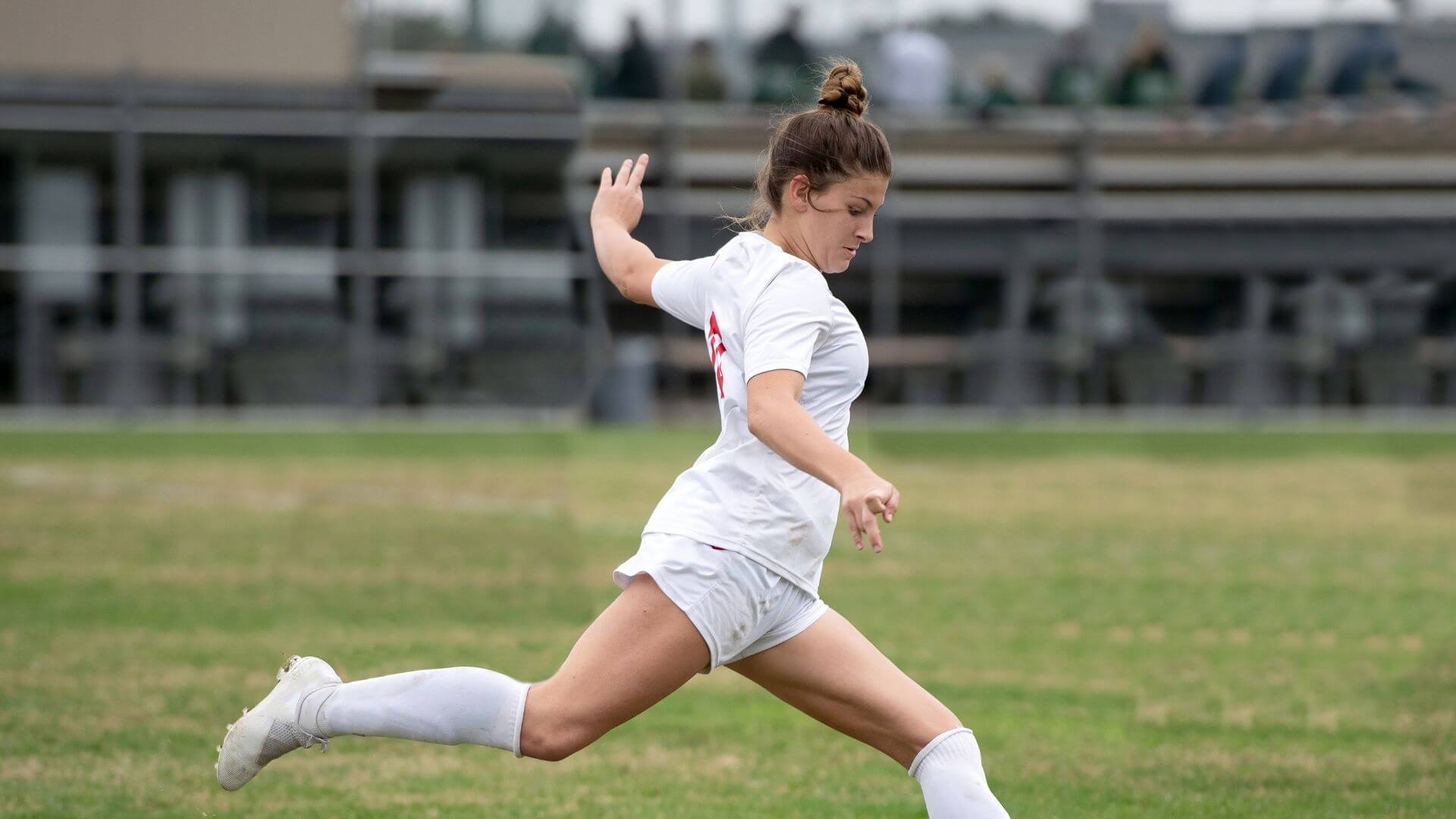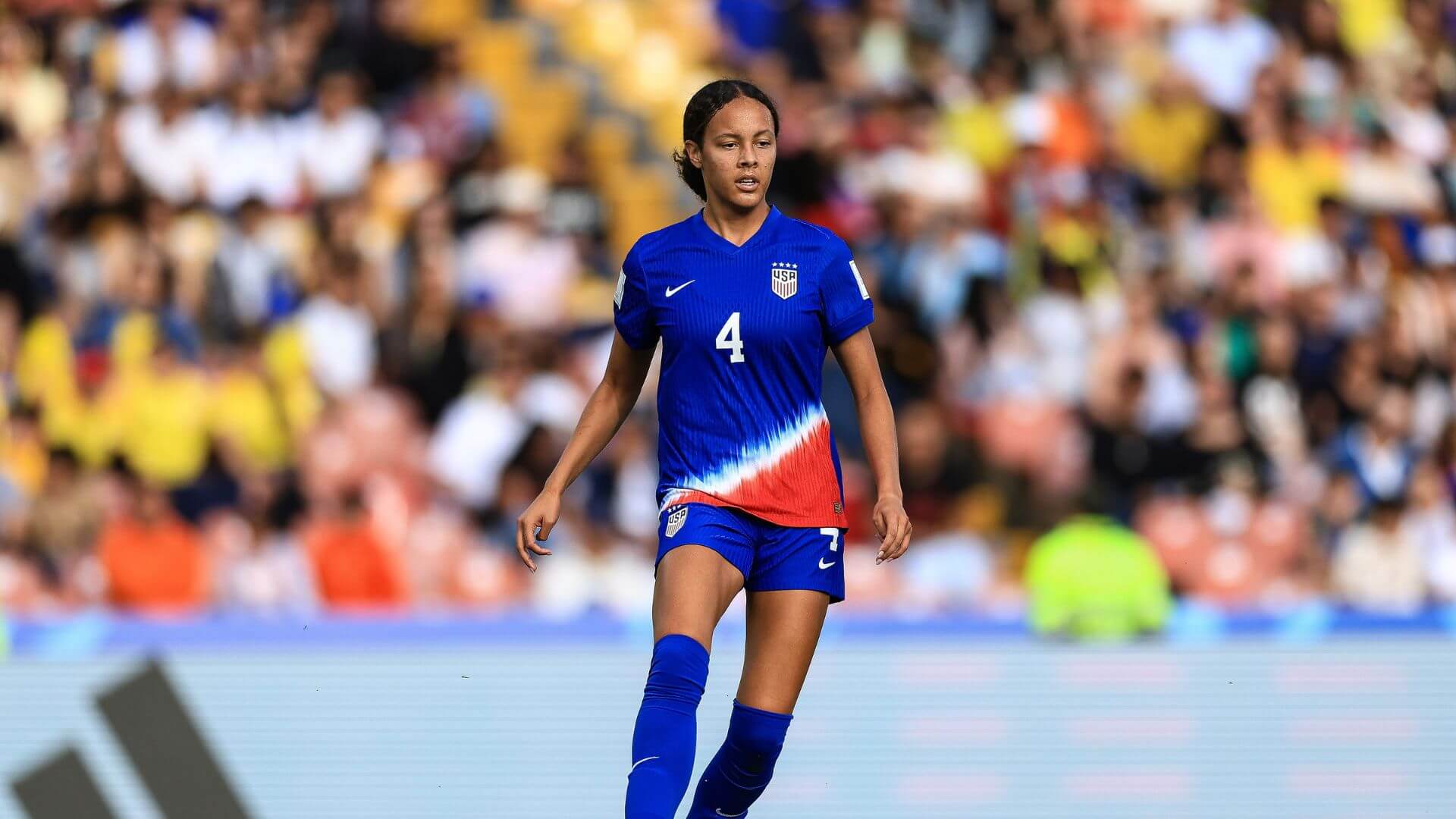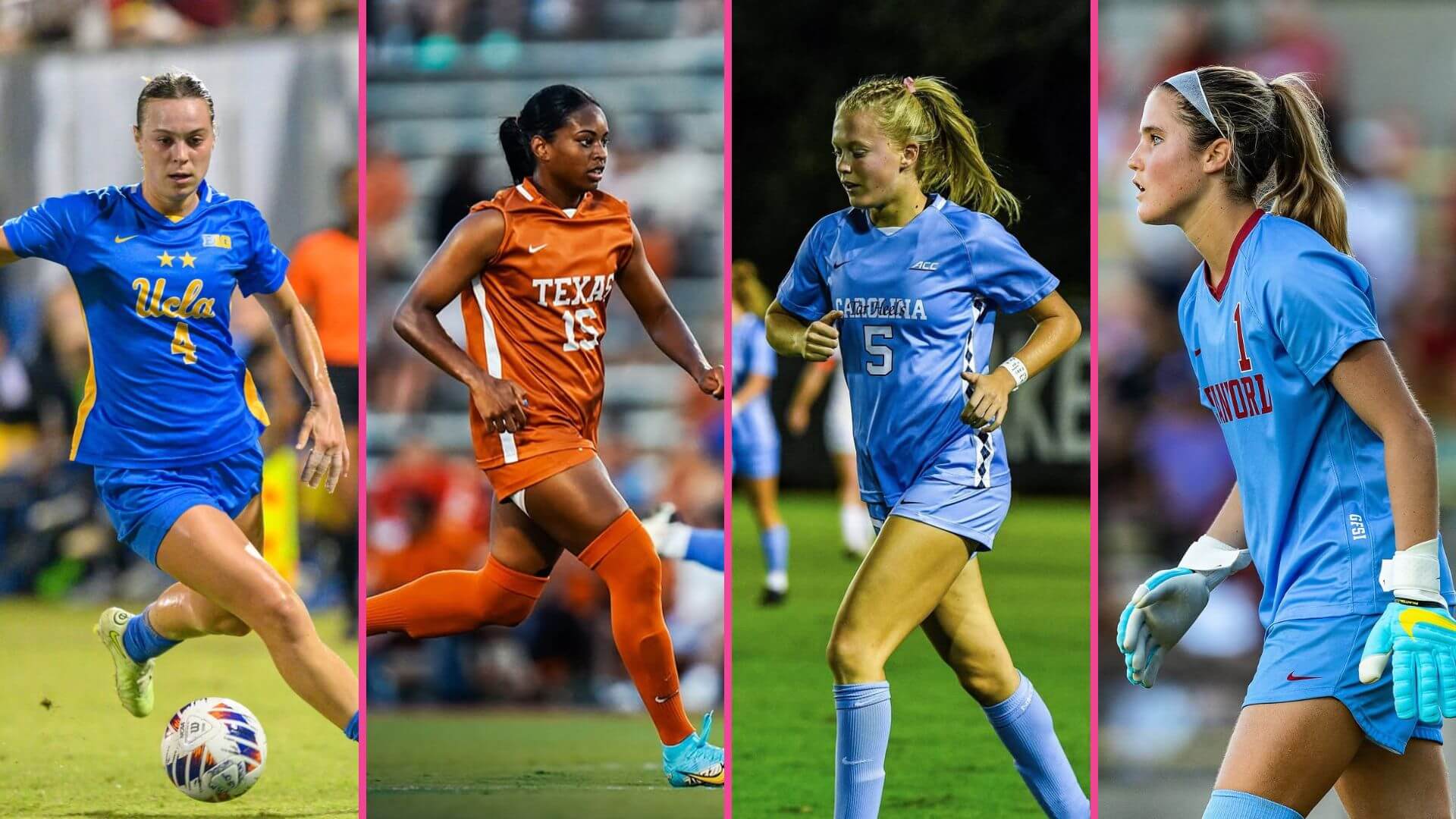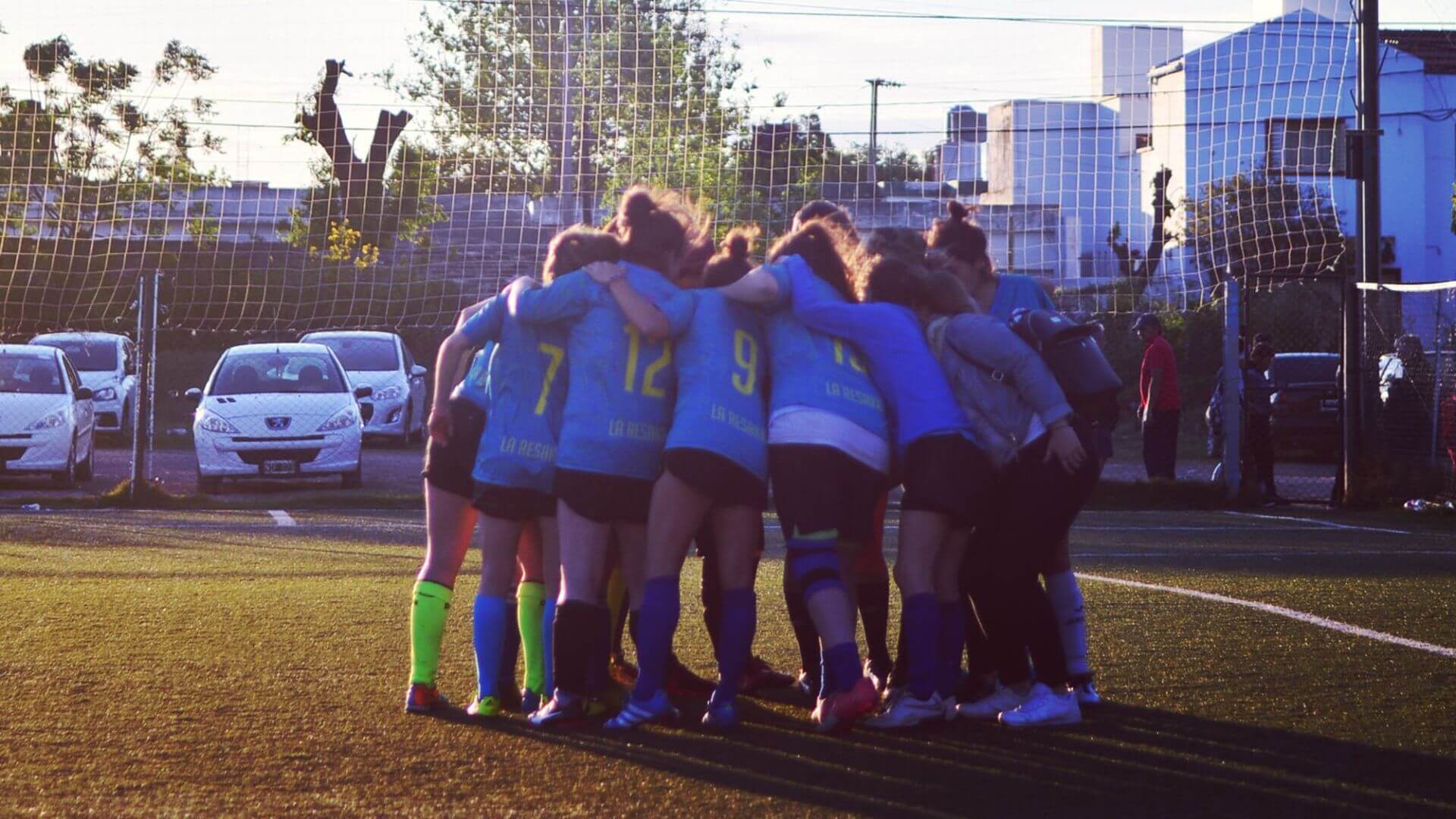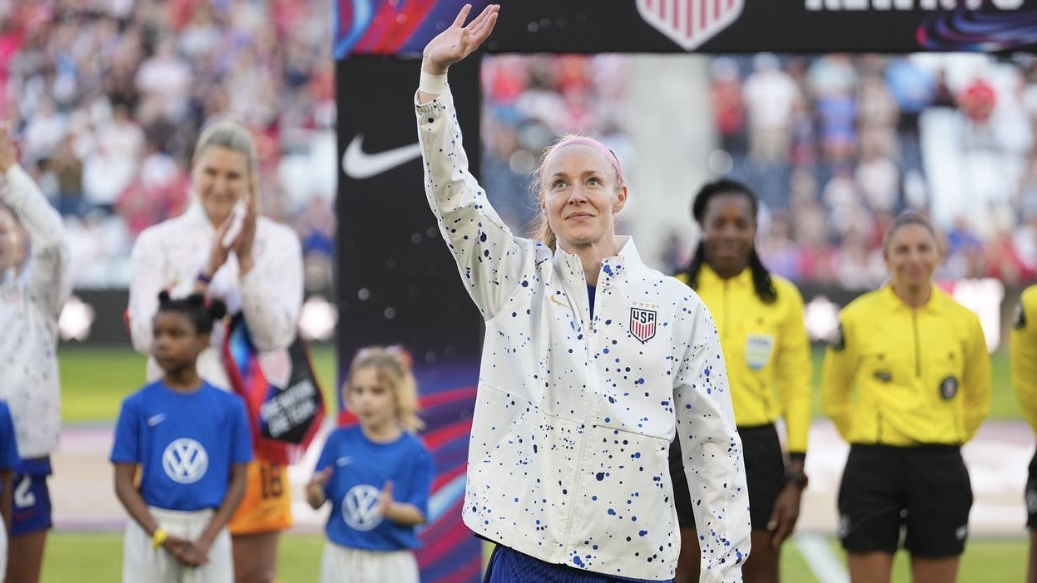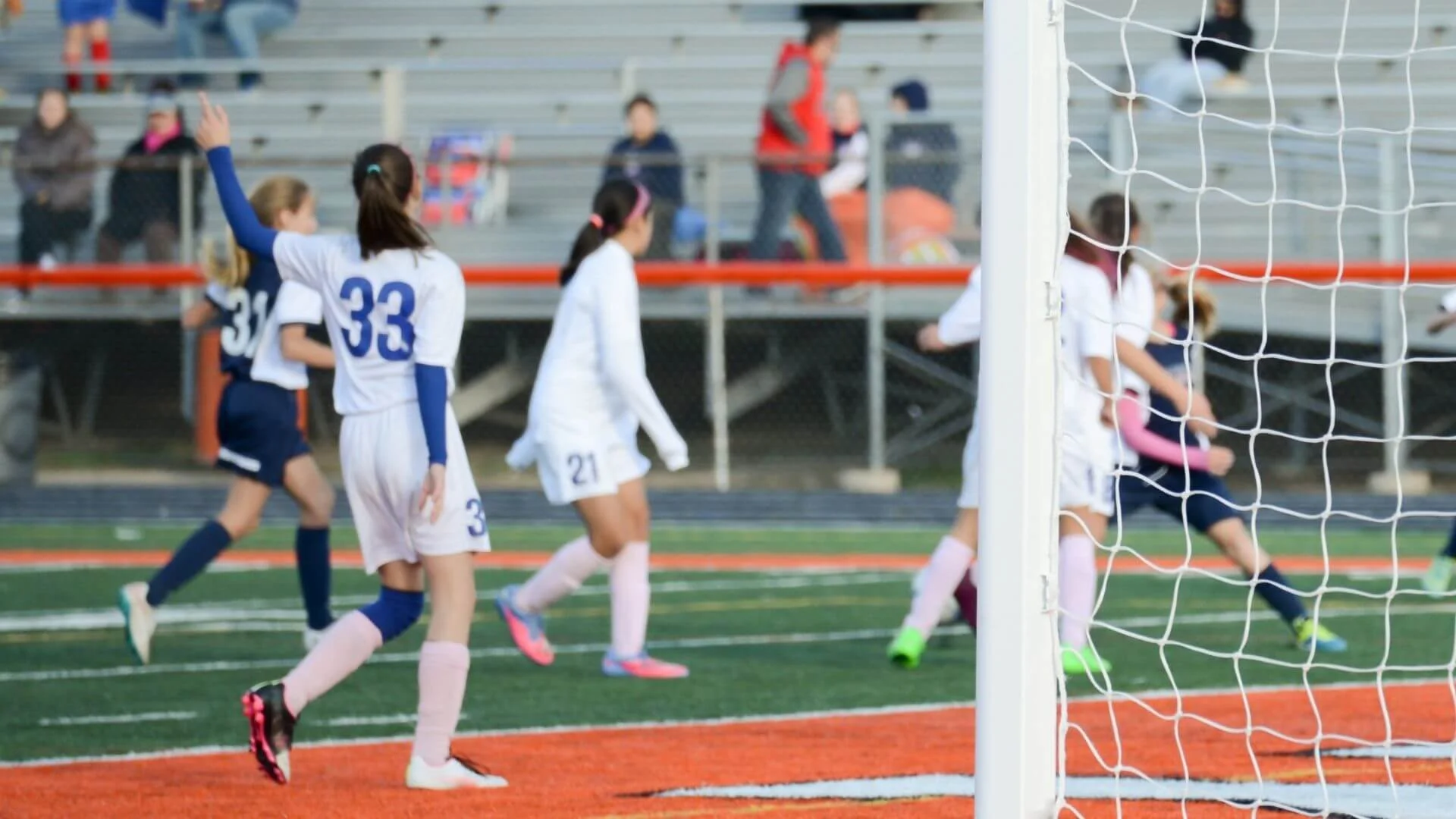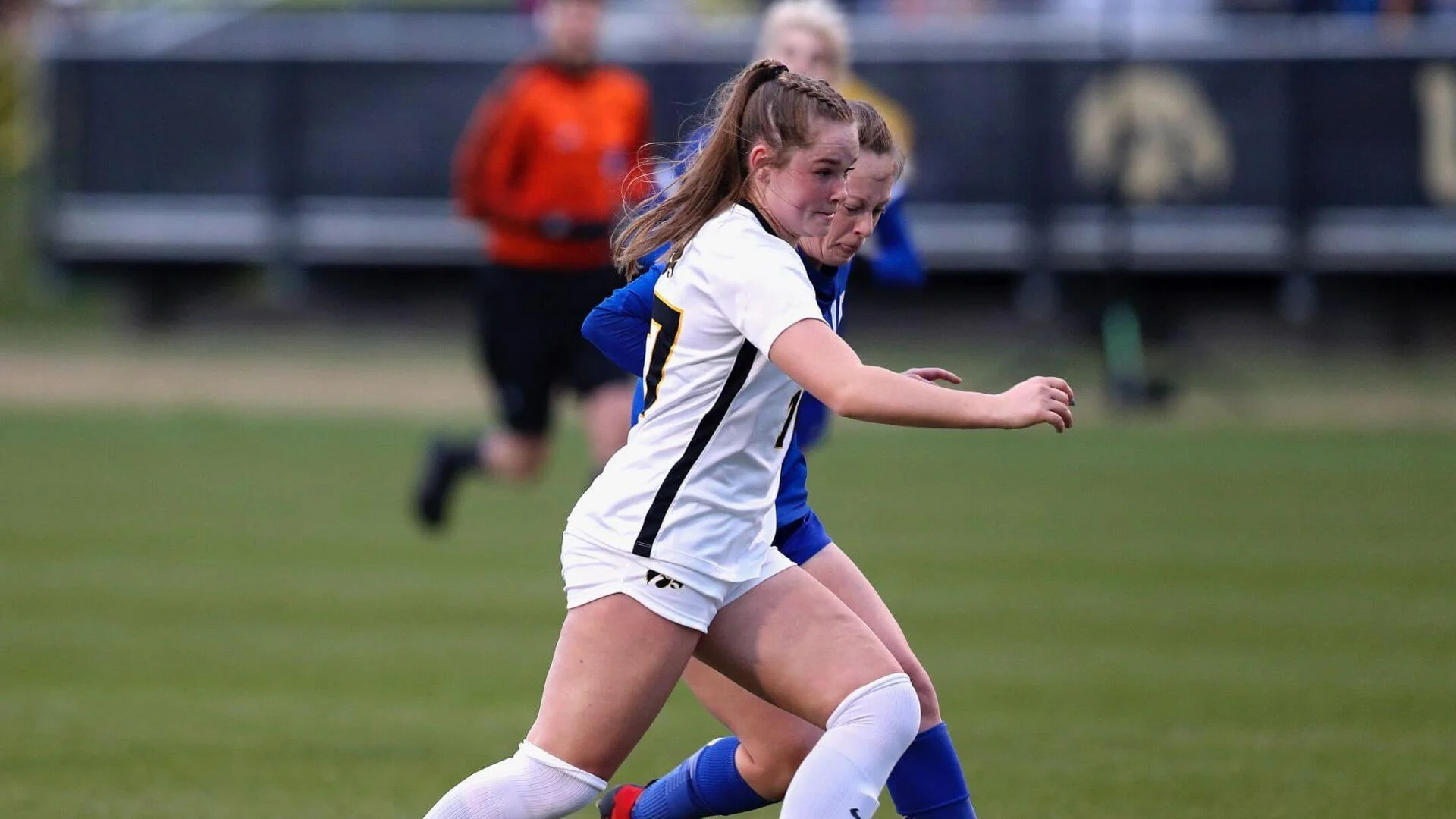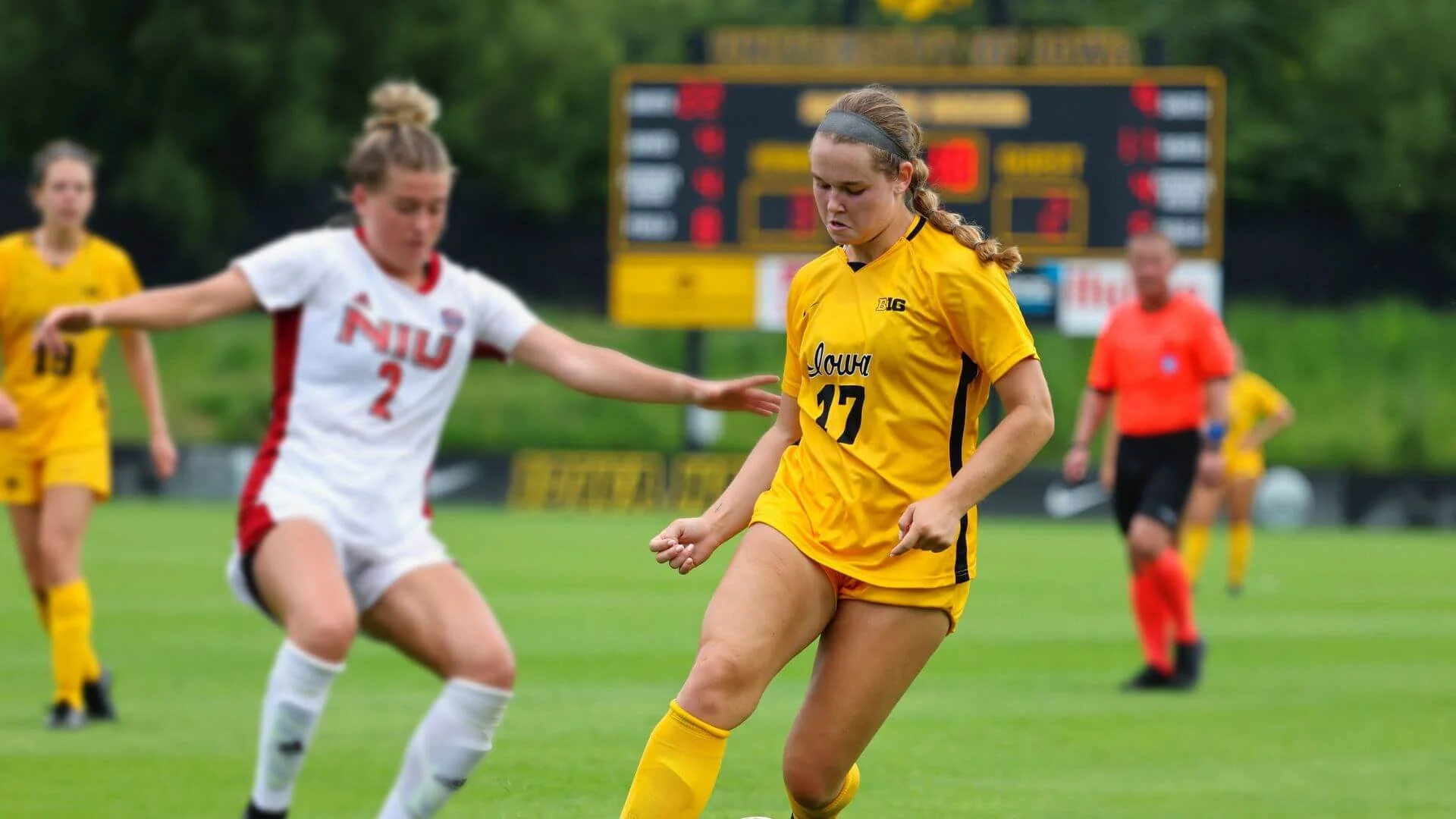The Invisible Battle: Life of an Athlete With Type One Diabetes
My name is Delaney Holtey, and I am a 20-year-old student-athlete at the University of Iowa studying health and human physiology on a pre-chiropractic track. I grew up in Cedar Rapids, Iowa, and at the age of seven was diagnosed with type one diabetes, otherwise known as T1D. Since then, I have grown and matured to live a busy lifestyle while managing being a student-athlete and a type one diabetic. I want to share my story, diagnosis, and journey with you all. Additionally, I want to discuss what I’ve learned and give some advice to other T1D athletes, their families, teammates, and coaches.
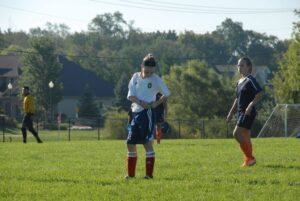
My Diagnosis and Early Journey:
February 21, 2011, was a day that forever changed my life. I was sick, and my parents had noticed significant weight loss, excessive thirst and urination, and extreme fatigue over the weekend. Monday morning, I went to the doctor, and they told me to go straight to the hospital.
There, the doctors treated me with an IV and diagnosed me with type one diabetes. I had my finger poked to check my blood sugar which was over 800mg/dL (non-diabetic blood sugar is between 80-140mg/dL on average). And, I was less than 12 hours away from going into a diabetic coma.
I was in the hospital for five days, learning bits and pieces of what diabetes is and how it works. My parents took in the most information due to my age and state of being severely sick. When I left the hospital and went to my second-grade classroom, my classmates greeted me with hugs and cards. That moment, seeing support so quickly was crucial for my family and me to feel like everything would be okay.
As time passed, my family and I had a more routine schedule of taking care of my diabetes. I was the first in my family ever to have a T1D diagnosis. So, it was a new experience for everyone. Sports and activities did not stop even though my life was changing. My parents did not allow me to stop or change my activities. But instead, adapt and overcome the adversities that follow having diabetes as an athlete.
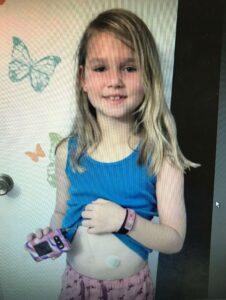
My parents, Chris and Amanda Holtey, put me in the position to do my activities again and supported me simultaneously. My mother stated, “Five days after she was diagnosed, she started in her basketball game, scoring the first bucket of the game. From then on, we knew she would continue to live her life to the fullest, while also managing her diabetes.”
I played in my basketball game that following week and, shortly after, was back on the soccer field doing what I loved. I am incredibly thankful for the mindset my parents and family had toward my new diagnosis, which has helped me throughout my entire life. The attitude and mindset of persevering is a crucial thing when being a T1D athlete.
A significant part of my diabetes journey early on and still today is the Juvenile Diabetes Research Foundation or JDRF. Members of JDRF came to see me on the first day of my diagnosis to provide support for my family and me. In addition, the foundation connected us with other T1D families and medical professionals to help us get started.
Soon after, my family and I would participate in many different fundraisers to raise money for a cure through JDRF. They have been a huge support system for me and hundreds of other families along the way, taking on diabetes as a new responsibility. The money raised has helped fund research for a cure, and the technology is more promising as the years go on. There are so many resources like this to help a diabetic feel supported and provide a community with those who understand T1D.
Growing Up with T1D:
I have very few memories of growing up without T1D. I got used to it and lived with it on a daily basis. It became my new normal. I did not get a break, nor does anyone with diabetes.
With sports and school came challenges, let alone hormones and puberty changes as well. All things influence your blood sugars, but it’s about finding a routine that works for you. For example, anticipating the patterns of my blood sugars has led me to the most success.
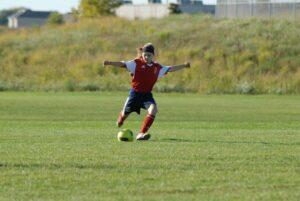
It forced me to grow up very fast and learn things about life and discipline that most people don’t learn until years down the road. As a kid, of course, I wanted to sneak candy, and I did at times. I was caught and was told why it was not beneficial for me, but I would do it again.
There was little room for error, and I started figuring that out when I was about nine. I ate a meal before a soccer game, which made me feel awful. I remember that being a turning point for my understanding of what goes into my body and how it affects my performance, as I did not perform well in that game.
Those little things: checking my blood sugars, eating the right things, hydrating, etc. were by far the most important to get more opportunities.
Of course, maintaining discipline and ensuring I was doing the little things took a toll on me, especially as I entered my teenage years. With almost anything, you can experience burnout. You usually take some time off or step away for a while to give yourself a break. Then, when you’re ready, you can come back to it.
This does not apply to an athlete with diabetes. We experience burnout the same way everyone else does. However, if we “step away” from it and stop taking care of ourselves, it can result in serious consequences or even death. Diabetes is not a sport or activity you can switch up or take a couple of days off from. It is round-the-clock and is constantly affecting you.
There are days when I have the worst blood sugar trends or lose significant sleep because of technology issues, and I wake up early for training or class, and I think: I just don’t want to deal with this today. Diabetes burnout is not often talked about or thought of because diabetes can be so “behind the scenes” in one’s life, an invisible disease.
It can be infuriating to deal with all the numbers, counting carbs, giving insulin, and changing out technology that keeps you alive on top of managing school, relationships, athletics, and normal life stressors. Reflecting on my life with T1D, I know I am stronger because of it. However, I will not lie to you and say that I have not struggled with these things plenty of times and will in the future too. It is normal.
_
GIRLS SOCCER NETWORK: YOUR SOURCE FOR GIRLS SOCCER NEWS



